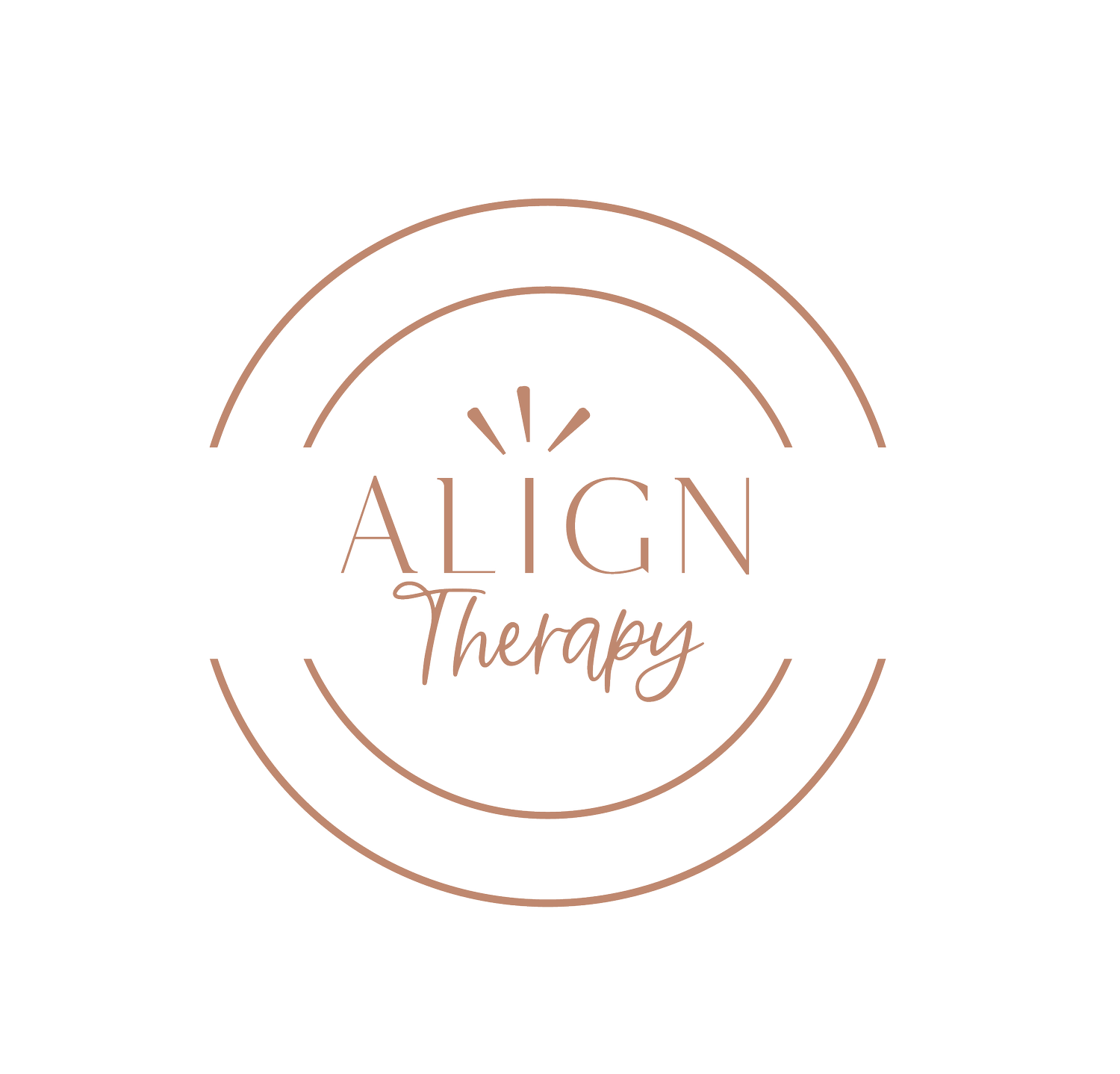How to Help Someone with an Eating Disorder
In today's society, achieving body peace can be incredibly challenging. We're bombarded with messages that our bodies are simultaneously too much and not enough. This struggle is exacerbated by size-based discrimination, from limited clothing options to negative healthcare experiences.
Succumbing to these harmful messages can lead to a life of self-hatred and limitation. You deserve self-love, affirming healthcare, and a fulfilling life in your current body. While loving your body isn't mandatory, treating it with kindness is crucial. Imagine the potential if women redirected the energy spent on controlling their body size towards pursuing their values and dreams. It's time to prioritize living our best lives over battling our bodies.
How to Tell if Someone Has an Eating Disorder
Identifying an eating disorder in a loved one can be challenging, but certain behaviors may indicate a problem. Watch for significant changes in eating habits, such as drastically reduced food intake or skipping meals. Be alert to extreme selectivity about food choices, especially if they've begun avoiding entire food groups they once enjoyed. While some pickiness is normal, persistent restrictive eating could be a red flag.
Concerning Behaviors
Keep an eye out for subtle changes in your loved one's behavior and attitudes towards food and body image. Are they expressing dissatisfaction with specific body parts or fixating on weight loss? Sudden preoccupation with appearance or an intense fear of weight gain can be red flags.
Watch for compulsive exercise habits, like refusing rest days or pushing through injuries. Obsessive calorie counting or only consuming "clean" foods may indicate restrictive eating patterns. Notice if they seem anxious when dining out, focusing excessively on menu calorie counts. These behaviors could signal the development of an eating disorder.
Pay attention if your loved one frequently disappears to the bathroom after meals, which may signal purging behaviors. Remember, eating disorders can coexist with conditions like autism or ADHD. If you're concerned, consult an eating disorder specialist for professional guidance and support.
How Therapy Helps People with Eating Disorders
Therapy for eating disorders is a transformative journey of learning and unlearning. You'll develop crucial self-compassion skills while challenging societal misconceptions about body size, weight loss, and self-worth. A supportive community and weight-neutral care are essential, helping you move away from diet culture towards body liberation.
Some initially struggle with ingrained beliefs that thinness is synonymous with health, beauty, and success. Therapy helps unravel these notions, exploring how to nourish yourself and move your body joyfully, free from rigid rules. You'll discover the freedom beyond societal pressures and learn to embrace your inherent value, regardless of body size.
Breaking Free from the Dieting Cycle
Are you exhausted from the endless cycle of dieting and weight fluctuations? Many individuals are trapped in this frustrating pattern, unsure how to break free. The constant yo-yo effect of losing and regaining weight can be physically and emotionally draining. However, an alternative approach focuses on overall health and well-being rather than just numbers on a scale.
You can establish a healthier relationship with food and your body by shifting your mindset from restrictive dieting to intuitive eating and self-care. This journey may seem daunting, but with the right support and guidance, you can find lasting peace with your eating habits.
What You'll Learn
You'll discover how to cultivate a peaceful relationship with your body and food.
You'll learn to identify and challenge fatphobia, both external and internal, while setting boundaries to protect your well-being.
We'll explore ways to reconnect with your body's signals and needs, free from diet culture's restrictive rules.
You'll also gain insights on pursuing physical and emotional intimacy without shame, embracing exercise as a joyful activity rather than punishment, and treating yourself with the kindness and respect you deserve.
Ultimately, you'll develop tools to build a sustainable, positive relationship with your body and food.
As an eating disorder therapist, I help clients of all sizes cultivate a more peaceful relationship with their bodies. I can help you too. Book a consultation today to learn more.

